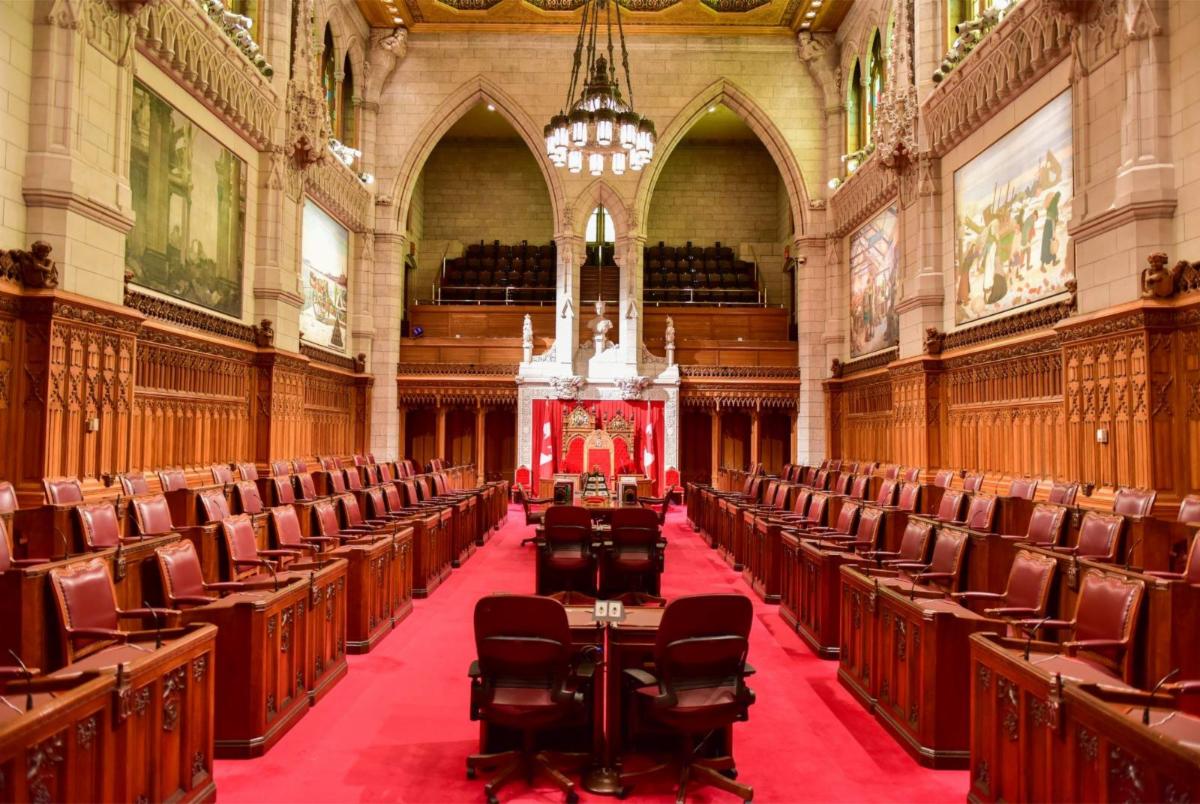
May 8, 2023
OTTAWA – The Standing Senate Committee on Foreign Affairs and International Trade has conducted a comprehensive review of the provisions and operations of the Justice for Victims of Corrupt Foreign Officials Act (Sergei Magnitsky Law) and the Special Economic Measures Act (SEMA). The Committee is preparing a final report which is set to be tabled by June 23, 2023. B’nai Brith Canada submitted recommendations to the Committee on December 22, 2022.
Our submission made recommendations on how to strengthen the use of and provide clarifications regarding the scope of the Sergei Magnitsky Law, a piece of federal legislation designed to enable Canada to implement targeted sanctions to combat gross violations of human rights and significant corruption. It has not been used to implement targeted sanctions since 2018. Government officials instead use SEMA to impose sanctions.
The decision to use SEMA rather than the Magnitsky Law may be due to the flexibility provided by SEMA, which enables sanctions to be imposed by way of regulations. It may also be because SEMA allows for targeted sanctions on individuals as well as entities, whereas the Magnitsky Law only allows for the targeting of individuals. Regardless of the reason for its disuse, B’nai Brith urges the Government of Canada to make proper use of the Sergei Magnitsky Law in future matters requiring targeted sanctions.
Because the Magnitsky Law amended SEMA, it is technically invoked every time SEMA is used to implement sanctions. However, the fact that the Magnitsky Law itself is not being used to implement the sanctions results in a confusing and incoherent sanctions regime. Media reports often falsely characterize sanctions as “Magnitsky sanctions” when the Magnitsky Law itself is not actually being used.
B’nai Brith urges the Standing Senate Committee on Foreign Affairs and International Trade to adopt our first recommendation:
1- To investigate why the Sergei Magnitsky Law has not been used to implement targeted sanctions since 2018.
The logic behind this recommendation is straightforward.
“If the Federal Government prefers the branding of “Magnitsky”, it should investigate why the Sergei Magnitsky Law is not being used and rectify the problems that may be causing the disuse,” said Sarah Teich, a Matas Law Society member and lawyer.
“It is the responsibility of parliament to amend the Sergei Magnitsky Law to provide for flexibility through the use of regulations, the notion that the legislation as is provides for insufficient flexibility does not justify its underutilization,” Suggested CEO Michael Mostyn.
B’nai Brith proposes the following additional recommendations which will address the weaknesses and bolster the strengths of both pieces of legislation that the Committee has been designated to review:
2- Propose solutions to rectify the general incoherence of Canada’s sanctions schemes, including by instituting clear and publicly available policy regarding which legislation is used in which circumstances, and ensuring that the various sanctions legislations are used in an internally consistent and cohesive manner;
3- Increase transparency including by facilitating the establishment of a coordination group, with a clear and formalized pathway for civil society to communicate requests to multiple governments for the implementation of targeted sanctions;
4- Support the utilization of the new mechanism to repurpose assets of sanctioned individuals and entities, and facilitate the establishment of a clear role for victims in this process, including a role for individual claimants, and support the use of assets to assist victims in war-torn countries and conflict zones, such as Ukraine; and
5- Support the passage of legislation such as Bill S-247, An Act to amend the Justice for Victims of Corrupt Foreign Officials Act (Sergei Magnitsky Law), tabled on May 31, 2022 by Senator Leo Housakos. The Senator’s bill would, in the enforcement of sanctions, enable restrictions and prohibitions on activities in relation to family members, making it more difficult for gross human rights violators and kleptocrats to avoid the enforcement of sanctions by transferring, giving or selling their property to family members.
It is the view of B’nai Brith, Canada’s most senior Human Rights organisation, that by adopting these recommendations, the Committee will increase the effectiveness of Canada’s sanctions regime and its ability to combat gross human rights violations and significant corruption abroad.
To read B’nai Brith’s complete submission to the committee, please click here


